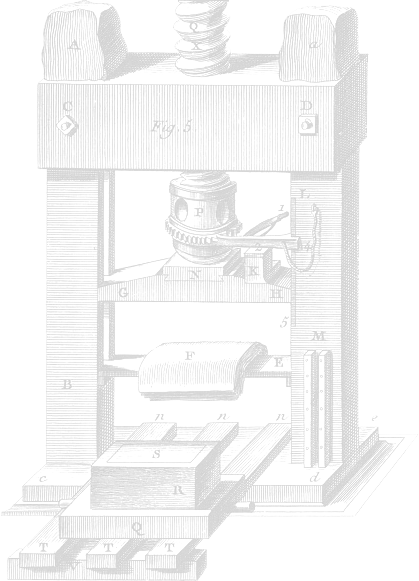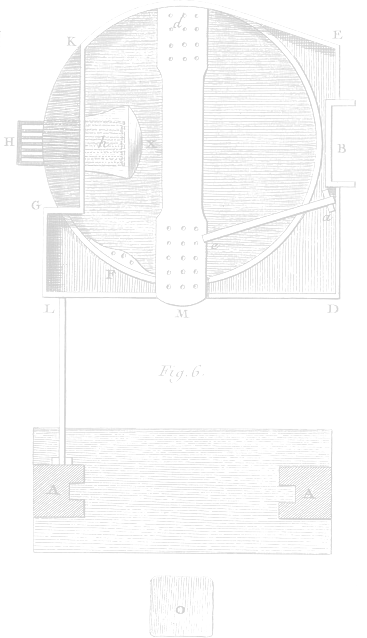In the name of openness
/ Opening access to knowledge /
Even though recently Open Access is becoming quite a thing inside the academic world, many researchers still have to fully understand it.
It is basically a new, alternative way of publishing scientific research where approved papers are free to read to anyone having an internet connection. Unlike the traditional subscription based journals, there are no further barriers nor subscription costs.
Open Access was born for a few different reasons, all of them responding to the name of openness: the research own purpose is to increase the human stock of knowledge and use it to devise new applications, and sure locking up said knowledge under fees of thousands of dollars doesn’t help the cause. Also, some argue that citizens pay the research through taxes, and it seems unfair not to show them the results they paid for.
However, O.A. editors must make money somewhere, at least for covering their review and publication costs. That’s why, usually, authors have to pay a fee in order to be published. This fee is called Article Processing Charge (APC) and it’s something you need to take into account when managing your research funds.


/Make your pick wisely/
Most times your choice whether to publish on an Open Access or subscription based journal is just driven by opportunities, but is there one correct way to choose regardless of the circumstances?
Probably not, but we will try to help you go deeper and get to know a little bit more about O.A. and what perks it has to offer. First of all you’ll need to be familiar with the main editors.
In order to do so, tell us what your next paper will be about.

/ Knowledge can be spread faster /
Openness is what Open Access is all about. Unlike the traditional way of publishing, knowledge is accessible to everyone: not only this is awesome for science and human development, but it also helps speed up the scientific process. Papers published in O.A. are available to any researcher, making it easier to find the one who will be able to improve the existing work.
Theoretically.
Let's go in depth of the process that takes an Open Access article to be published.


/ There is something slowing down the process /
Although it is a procedure followed by subscription based journals too, in Open Access it seems to cause many more problems.
An absolute paradox considering we are talking about something that was born in the name of openness.
The peer review problem has been highlighted over the years on public sources too, including international newspapers, which is remarkable considering uninvolved people might just not be interested into academic publication.
In the following chart you can see all the Open Access’ peer review related articles published by a selection of six influential international newspapers. They are grouped according to their position towards the problem. Highlight the negative opinions in order to find out the main reasons of disapproval.


/ When articles are retracted /
A closed peer review means you can't see edits nor earlier versions and you are not told the identity of the reviewers. Some journals, in case of retraction, don't even let the reasons be known; but some do, so we looked for the most common causes.
The analysis is based on the four Open Access editors out of the most influential ones which openly declared a relevant amount of retractions. The chart represents the number of retracted articles per given reason combining the four editors together.


/ Springer romps in /
The outcome is clearly unbalanced towards a generic "compromised peer review" (further explanations stay undisclosed), making the need of a change apparent.
The following chart goes a little further by showing the single editors’ impact on every category.
While the competition is generally close, with the four alternately getting the upper hand in different retraction reasons, there's one bar that clearly stands out: it's the eye catching number of articles retracted by Springer for peer review problems.


/ Let’s do this! /
We all wish the peer review were as valuable as it is in the subscription based journals for the good of Open Access itself, which has so many positive features to offer but is still a long way from establishing itself as a major reality. We truly believe this is within reach, but it must be made an effort towards openness and transparency.
Springer is one of the greatest and most influential editors, but they seem to have a problem in their peer review method. Since they’re playing such a crucial role, we think they should fully embrace the Open Access creed to openness and open up their process as they hold both the responsibility and ability of leading their competitors by example.
In addition, the commitment to a more reliable peer review will directly benefit Springer itself, not only by obtaining increased trust from scholars but merely by saving a good part of the money and resources that are now being spent into additional reviews and retractions.
This is why we wish that Springer could join us towards the change. Let's reach up to Springer by signing the petition on Change.org!





